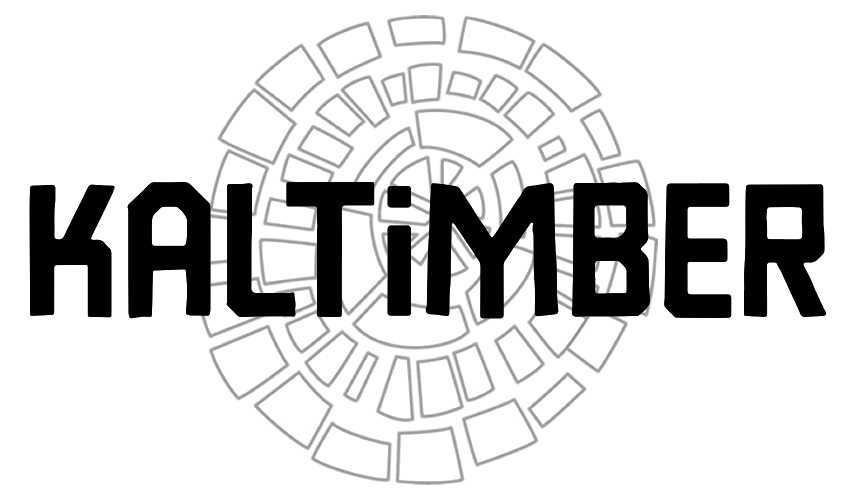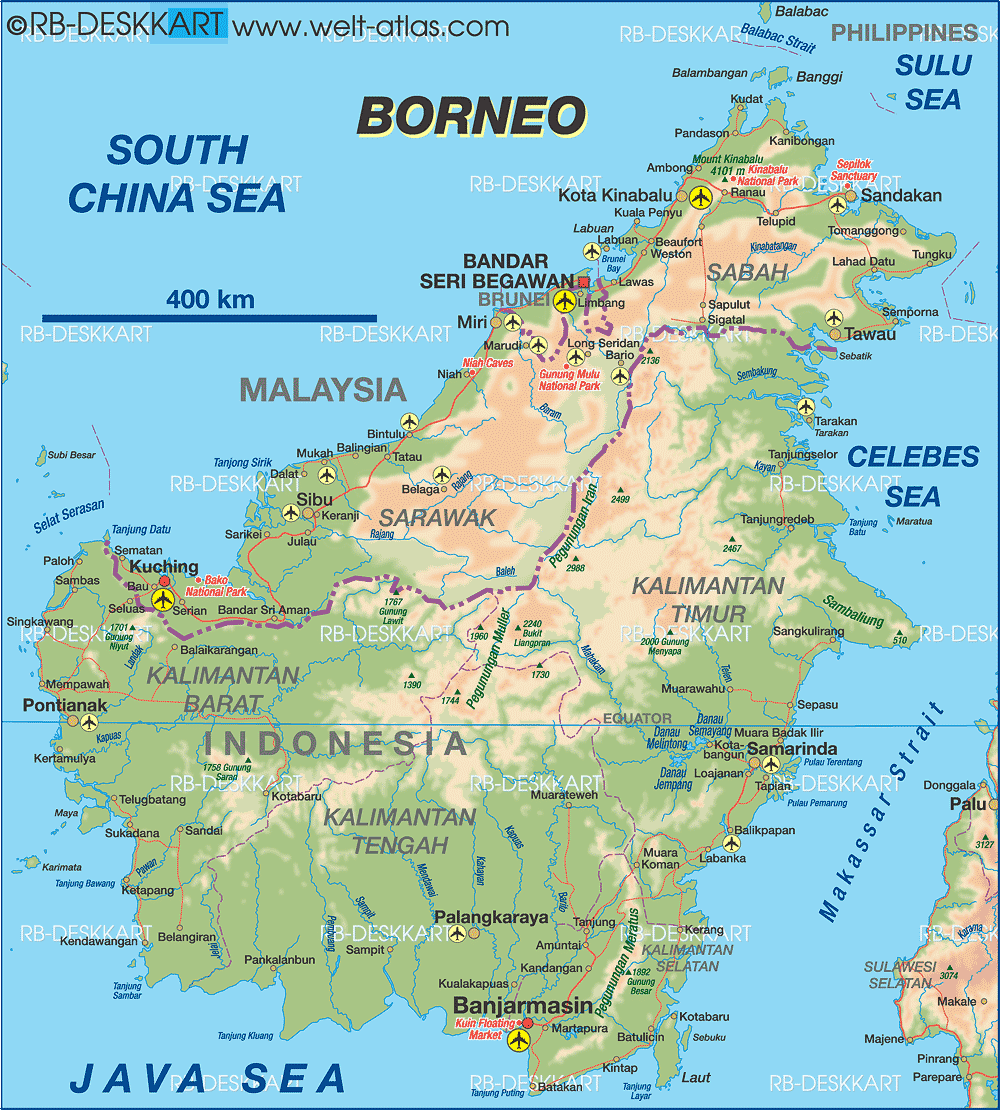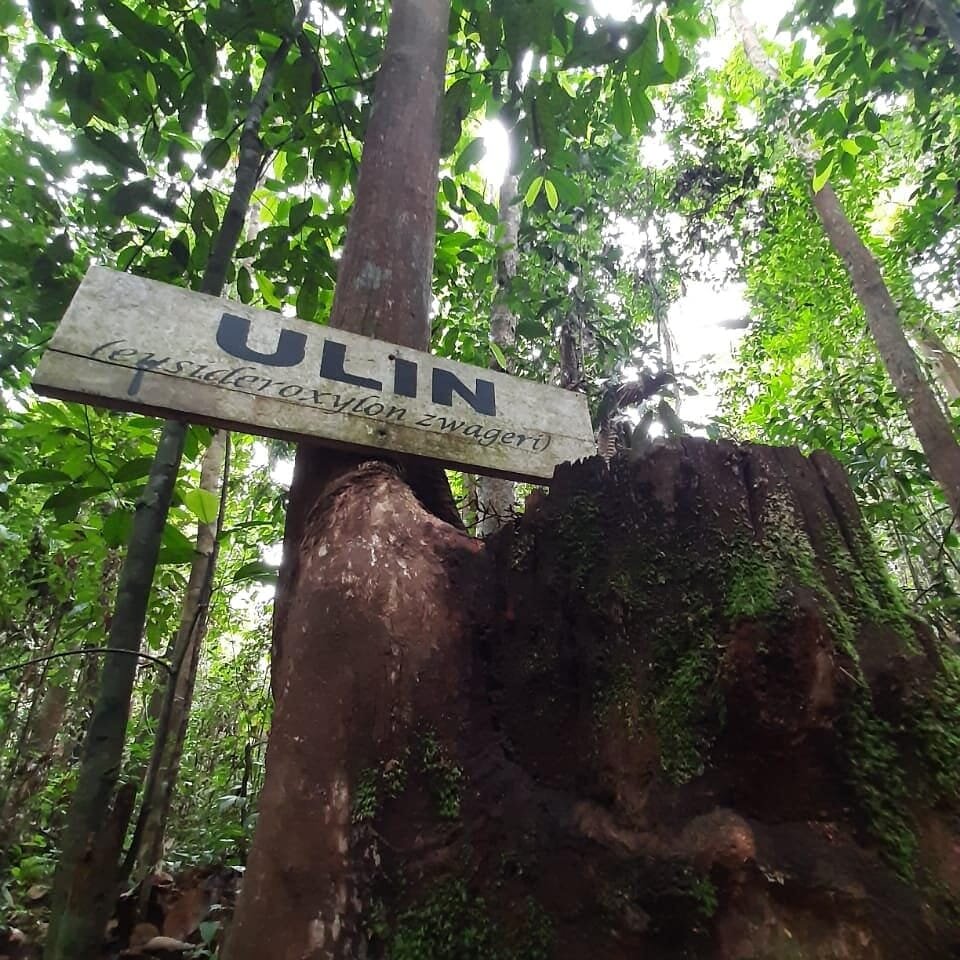Borneo Island and the Dayak ethnicity are strongly interconnected. So are its ressources, including the ironwood we recycle from its Kalimantan region with the aim of preserving remaining forests.
Borneo and its Indonesian region of Kalimantan has grown rapidly over the last decades. Sadly, this development has had a negative impact on the indigenous people since many are were not ready to embrace the transition to industrialization. This issue is likely to increase as Indonesia will move its capital from Jakarta to Kalimantan.
There are many challenges and uncertainties to overcome such level of education. Information Communication Technology have become the primary reason for community development leading to be less competitive in advancement of technology, business opportunities, proper job, political activities and educational access.
Borneo, the home of Dayak tribes, is the third largest in the world in terms of mountainous dense areas. Its rainforest is covering an estimated area of 287,000 square miles. Located at the South-east of the Malay Peninsula, and South-West of the Philippines, Borneo composes four political territories such as Sabah and Sarawak which are part of Malaysia, Kalimantan which belongs to Indonesia, and the remaining area is regarded to Brunei Darussalam.
Kalimantan aka Borneo island
Borneo Island is a riche area with huge prospects ranging from high level interdisciplinary and multidisciplinary research to eco-tourism attractiveness and multi-diversities. The geographical placement of West Kalimantan is a strategic location since it is in the mainland of Borneo surrounded by Sarawak on the West and facing directly the South China Sea. This position near other ASEAN countries will affect socio-economic and political aspects.
Place and its people are inseparable. Borneo Island is considered to be one of the pulses of the world. Therefore, the Indonesian government preserves almost half of Borneo or Kalimantan, as conservation forests. But, in the last few years, it has evolved in becoming an industrial community. Indeed, a lot of organizations are operating their businesses in mining, plantations, and other endeavours.
However, such the strategic positioning mentioned earlier also creates a great challenge on its security, especially in regard to illegal logging. West Kalimantan has been recognized as the “heart of Borneo” since it is well-known and famous for its natural resources like mining, agricultural, timber and forest products. Timber is very precious in Kalimantan in the early 1970s since the vast forest is rich in different species of wood. In Ketapang, the huge China Mining company has exploited huge area of iron ore and bauxite.
Unfortunately, rampant illegal logging of hardwood such as ironwood (ulin) is prevalent in this area since this island is rich in hardwood resources. Or “was”. It is now a rare type of wood, and the work of companies like Kaltimber in reusing old ironwood from disused structures helps in mitigating the demand for newly logged wood.
Ulin tree protected in Bukit Bangkirai
Similarly, the broad area of sea is rich in fish resources. Importunately, it has become an area for illegal fishing by foreign ships. Therefore, it is a real challenge for the region to fully protect itself from foreign intervention.
The second part of this article will pay close attention on the culture and way of life of the Dayak community.


